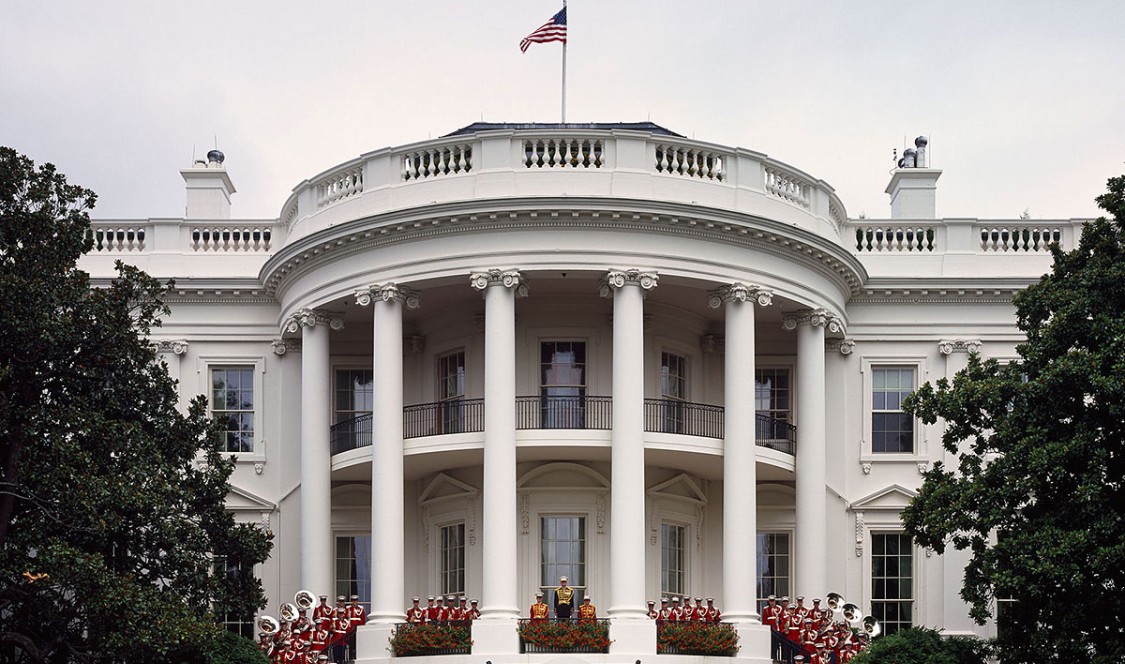The next president will have to address the role of federalism in a number of conflicts between federal and state jurisdiction. And the Rose Institute of State and Local Government has examined some of the policy issues that will likely arise in a recent post by Skip Wiltshire-Gordon '19.
Many assume that the Democratic and Republican parties are split on federalism, with one party the champion of the states and the other in favor of a strong federal government, just like the split between Hamilton’s Federalists and Jefferson’s Democratic-Republicans in the early 1800s. This assumption would suggest that the candidates for president in 2016 would either be in favor of state power or federal power in a consistent manner. And a general overview would indicate that, on balance, the Republican candidates place a higher priority on discussing and defending the structure of federalism. However, when candidates’ stances on the aforementioned issues are examined, a more complicated picture emerges. There are often variations within each party, and some issues show surprising results. Both the Democratic and Republican parties and their potential candidates for president are affected by a “fragmented federalism” caused by increased party polarization and the precedents recently set by the Supreme Court.
Wiltshire-Gordon's post links to four papers, each by Ellen Lempres '18 and Caroline Peck '18, that examine how federalism might affect specific issues. They are:
- Should the federal government impose strict carbon standards on the states?
- Do the Common Core Standards go too far in taking away state and local autonomy in education?
- Should states be allowed to legalize marijuana despite its federal status as a controlled substance?
- What role should the states play in health care policy?

